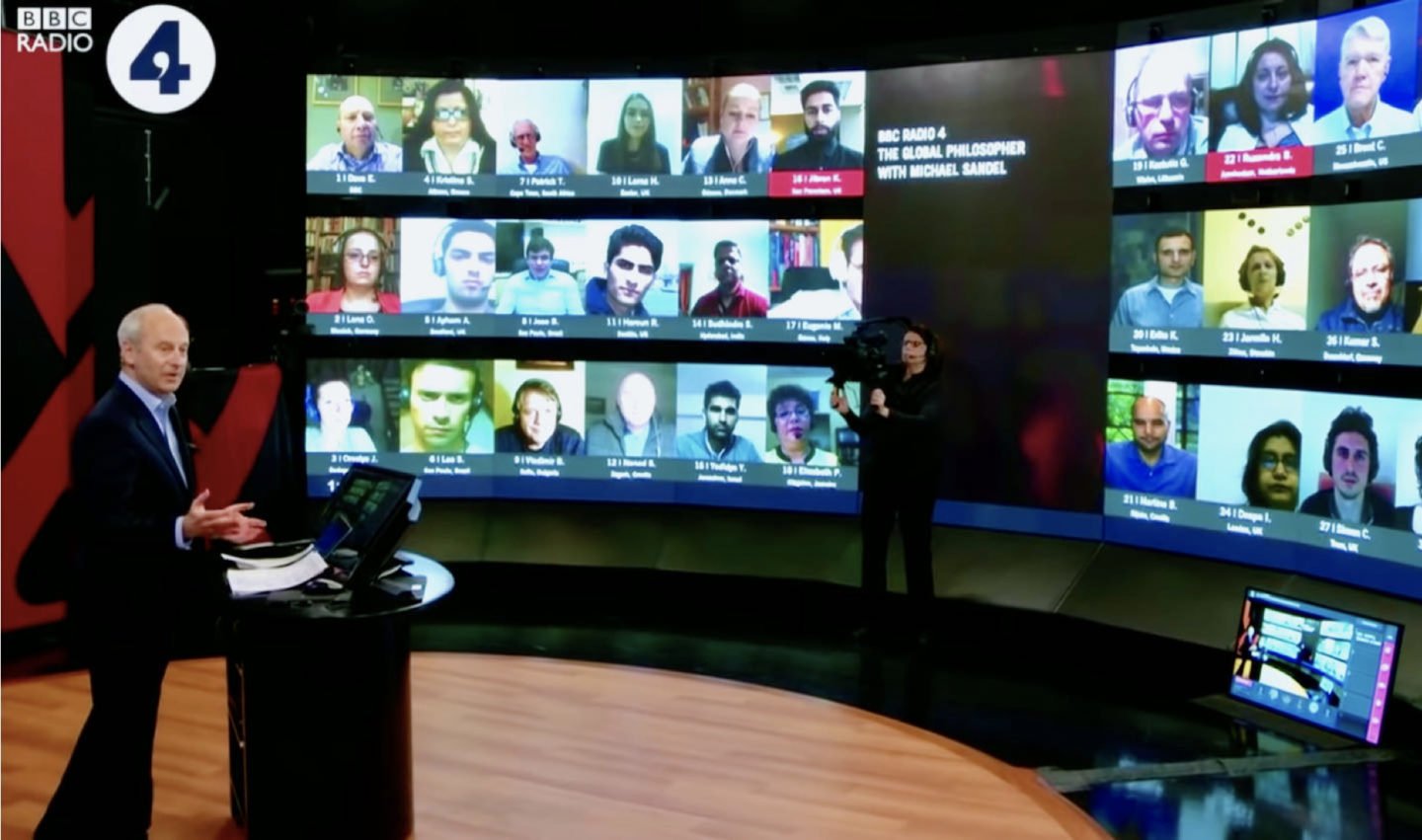Symposium on Bence Nanay’s “Motor Imagery and Action Execution”
It’s my pleasure to introduce our latest Ergo symposium. This week we are showcasing Bence Nanay’s (Antwerp) “Motor Imagery and Action Execution”, with commentaries by Wayne Christensen (Barcelona), Myrto Mylopoulos (Carlton), and Elisabeth Pacherie (Jean-Nicold). Let me begin by thanking each of the participants for their excellent contributions!






